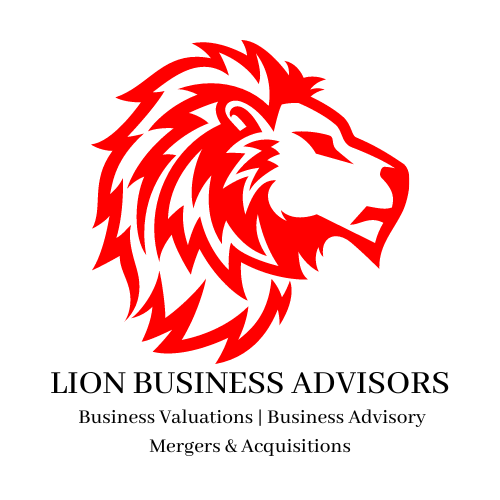Getting your arms around business valuation can be complicated. Misinformation, partially informed opinions, and internet calculators can easily lead one down an incorrect – and costly – path.
Before you make a decision about selecting a valuation provider, let’s clear up a few of the most common myths and misconceptions about business valuations that could undermine your ability to achieve your goals.
‘Rules of Thumb’ are a quick and accurate way to value my business.

The Rules of Thumb Method is a theoretical market derived units of comparison. Trade associations develop rules of thumb related to the businesses of their members. An example of a rule of thumb is ‘60% of annual sales’ – this means the value of XYZ Company in ABC industry is worth ‘60% of annual sales.’ While rules of thumb can give a “quick and dirty” approximation of the value of a business, there use introduces unnecessary, and potentially costly, risks. Limited knowledge of the actual transactions and terms in which the rules of thumb are based can lead to either an undervalued business, resulting in lost cash and credibility, or an overvalued business, resulting in no sale. Because of these problems, rules of thumb should be avoided.
All business valuations are equal.
Many believe that if they pay money, no matter how little, for a business valuation then it is credible and reliable. This is a common misconception. Valuation reports from uncertified individuals and firms not adhering to professional valuation standards typically overemphasize financial ratios and market-based valuation approaches. Some of these lack basic analysis and support for the valuation. While these valuations are likely very cheap or even “free”, they are insufficient and will not hold weight with knowledgeable third parties (i.e., IRS, courts, buyers, banks, etc.), which can cost you in credibility and money. As the old saying goes, if something is too good (or cheap) to be true, then it probably is.
My CPA can value my business
Your CPA might be a logical first stop in getting your business valued. While CPAs can be extremely knowledgeable in their area of practice, most are not working, certified business valuators. If your CPA is not a certified business valuator, then the valuation report will not be as credible or hold the same weight with third parties, exposing you to unnecessary risks. To eliminate the risk of receiving an insufficient and an uncreditable valuation, you want to ensure the firm you engage is up-to- speed on changes in professional valuation standards, knowledgeable of applicable legal case rulings, and have access to the market transactional and comparable databases necessary to conduct your business valuation. One way to do this is to ask the firm what professional standards they follow for business valuations, do they employ certified business valuators or do they subscribe to leading databases that provide private company benchmarks and historical transaction data for your industry and geographic region. Lion Business Brokers, proudly woks with many local CPA’s to provide certified valuations.
The value of my business is equal to its assets minus liabilities (net worth) of the business
Most agree that this method has serious flaws and can materially undervalue your business. This book value method is based on the financial accounting concept that owner’s equity is determined by subtracting the book value of a company’s liabilities from the book value of its assets. Under generally accepted accounting principles (GAAP), most assets are recorded at historical cost (not current) and is further reduced by accumulated depreciation. Also, GAAP does not permit the recognition of numerous infrequently valuable assets such as internally developed trademarks, tradenames, logos, etc. or future growth of the company.
I don’t need a valuation to sell or buy my business.
Any business broker or M&A professional will do a valuation in some shape or form. While a business valuation is not required to sell or buy a business, it is a great way to avoid overpaying or leaving money on the table during negotiations. A business valuation from a firm adhering to professional valuation standards and employing certified valuators will arm you with the knowledge and confidence necessary to make informed decisions. Many of our clients spend a lifetime building their business and want to avoid the unnecessary risk of taking the spotlight off of what matters by not having reliable and credible information during.




[…] is one of the most common ways to value a business based on multiples of that number. When engaging your business for acquisition in the open market, […]